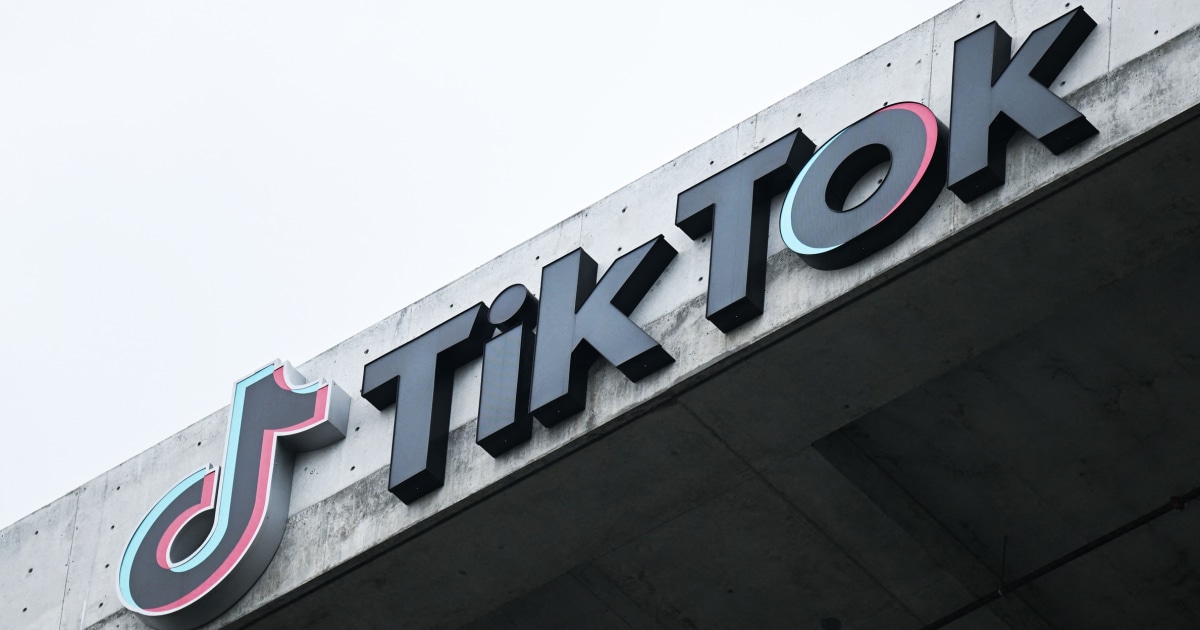Several dozen TikTok creators, including small business owners, artists and activists who see the app as key to their livelihoods, plan to be in Washington on Wednesday before Chew’s testimony to hold a press conference and meet with lawmakers, according to a person familiar with planning.
The lobbying effort, first reported by InformationIt will primarily make an economic argument: that banning TikTok could spell financial hardship for Americans who depend on it to help generate income.
“TikTok creators are small business owners trying to make a living and put food on their tables, teachers raising the next generation of leaders, and everyday innovators who represent the breadth of America,” said TikTok spokesperson Jamal Brown, in a statement. “Lawmakers in Washington debating TikTok should hear firsthand from the people whose lives would be directly affected by their decisions.”
The possible political consequences of a TikTok ban are hard to predict. But the prospect of a ban arises as Biden is expected to mount a 2024 re-election campaign, and the sheer number of TikTok users in the US suggests he could pay a price if he runs, which has said that it intends to do.
Underscoring how Biden’s political and governance strategies collide when it comes to TikTok, the president on Friday featured in a video on the app with Irish singer Niall Horan at the St. Patrick’s Day party at the White House.
Yet last month, when asked if the US should ban TikTok, Biden said, «I’m not sure,» adding, «I know I don’t have it on my phone.»
The 150 million regular users in the United States that Chew will cite in his testimony to Congress on Thursday does not include children under the age of 13, according to the top Democratic strategist who advises TikTok.
But of those 150 million, about 12 million are under 18, about 8%, meaning some 138 million of voting age are regular TikTok users, the strategist said, adding that the average age of a user regular TikTok user is 31. (Some of TikTok’s 12 million regular users under the age of 18 will also be of voting age in 2024.)
a recent Quinnipiac poll showed that 49% of Americans supported banning TikTok in the US, while 42% opposed it.
Opposition to a ban nationwide is significantly higher among Americans ages 18 to 34, according to the poll, with 63% against a ban and 33% in favor of one. Voters under the age of 35 tend to favor Democrats by wide margins.
A breakdown in the poll among political parties suggests a ban could hurt Democrats the most: 64% of Republicans and 50% of independents support a ban, while 51% of Democrats oppose a ban. .
TikTok is one of several high-risk flashpoints in tense US-China relations.
Chinese Foreign Ministry spokesman Wang Wenbin told a press conference last week that «the United States has yet to prove with evidence that TikTok threatens its national security.»
While TikTok has been a target for the US government for several years, with former President Donald Trump’s attempt to ban the app in 2020 blocked in the courts, it was only recently that the idea gained widespread momentum in Washington.
China passed a law in 2020, after Trump’s attempt to ban TikTok, that added it to the government’s list of technologies that cannot be exported, meaning the algorithms TikTok uses could be considered banned and Beijing could reject any sale. .
TikTok has tried to address the US government’s national security concerns by proposing to contract with an American company to store the data of people in the US who use the app.
Chew said in an interview with The Wall Street Journal this week that the Biden administration’s demand that Chinese stakeholders in TikTok fail to address concerns that have been raised by US officials.

